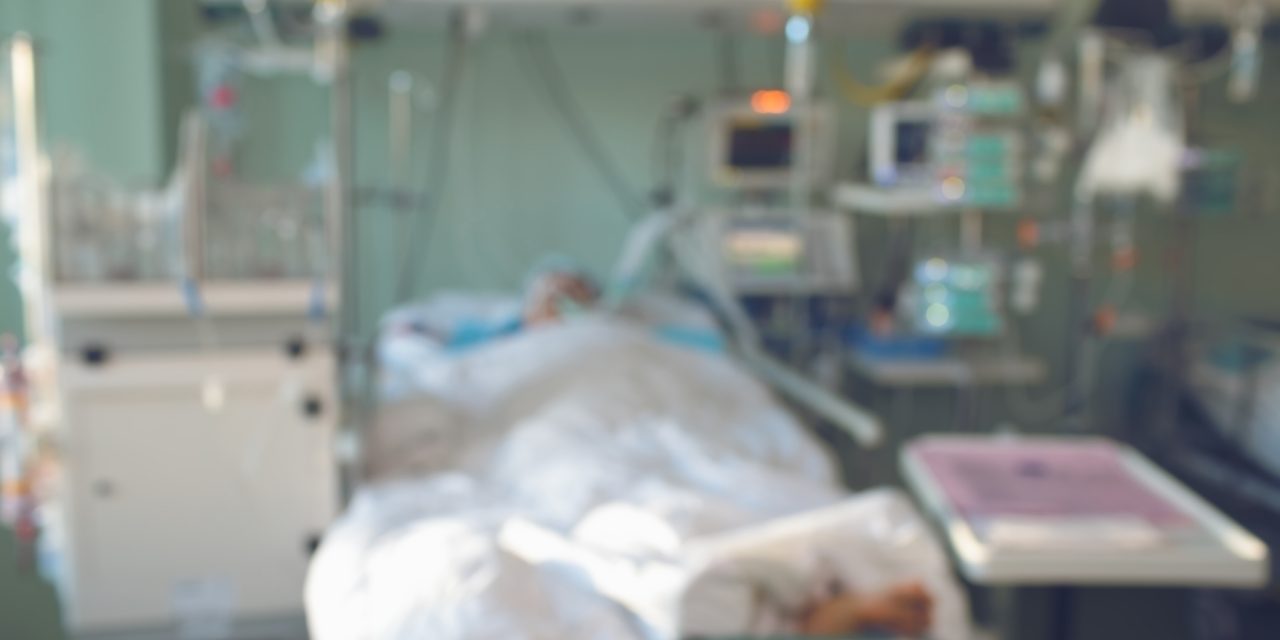Coronavirus disease 2019 (COVID-19) has changed the way in which cancer is treated. Patients with high-grade glioma (HGG) are believed to be in a vulnerable category. The aim of this study was to describe the experience of a hub cancer center and the measures that were put in place for treatment of patients with newly diagnosed and recurrent glioma.
To prevent in-hospital contagion and preserve the safety of health professionals and patients, specific protocols and strict regulations were introduced. Physical distancing, use of surgical masks, and diligent hand hygiene were adopted. Each case was discussed in a multidisciplinary board meeting before treatment. All patient candidates for surgical procedures were tested for SARS-CoV-2 with a nasopharyngeal swab and a chest CT scan. Indications for surgery were the radiological suspicion of HGG in patients with a good performance status and/or the rapid and progressive occurrence of neurological deficits. Adjuvant treatments were performed only in cases of HGG. This therapy consisted of conventional fractional radiotherapy (RT; 60 Gy/30 fractions) with concomitant and adjuvant temozolomide chemotherapy (TMZCHT) in younger patients; in elderly patients, a short course of RT was employed (40.5 Gy/15 fractions). For recurrent HGG, treatments were assessed after a careful evaluation of the patient’s general condition, neurological status, and risk of early impairment in neurological status if not treated. During simulation CT for the RT plan, each patient underwent a chest CT study. In cases in which an imaging study was suspicious for COVID-19 pneumonia, the patient was immediately isolated and rapidly underwent nasopharyngeal swab testing.
Between March 1 and April 30, 2020, 23 HGGs were treated, and these cases are included in the present evaluation. Fifteen patients harboring newly diagnosed glioblastoma (GBM) underwent resection followed by a regimen of chemotherapy and RT, and 3 patients with newly diagnosed anaplastic oligodendroglioma underwent surgery followed by adjuvant RT. Five patients were treated for recurrent GBM, and they received surgery plus adjuvant RT. One patient in whom the simulation CT study was suspicious for COVID pneumonia was tested with a nasopharyngeal swab, which proved positive for SARS-CoV-2 infection. No patients contracted COVID-19 during hospitalization for surgery or during RT treatment. Corticosteroid therapy was administered to all patients beginning on the 1st day of RT.
The authors’ experience during the COVID-19 pandemic showed that patients with HGG can be treated in the most effective manner without a compromise in safety. Careful selection criteria and a multidisciplinary evaluation are pivotal to assessing the optimal therapeutic strategy.
Treatment of patients with glioma during the COVID-19 pandemic: what we learned and what we take home for the future.


